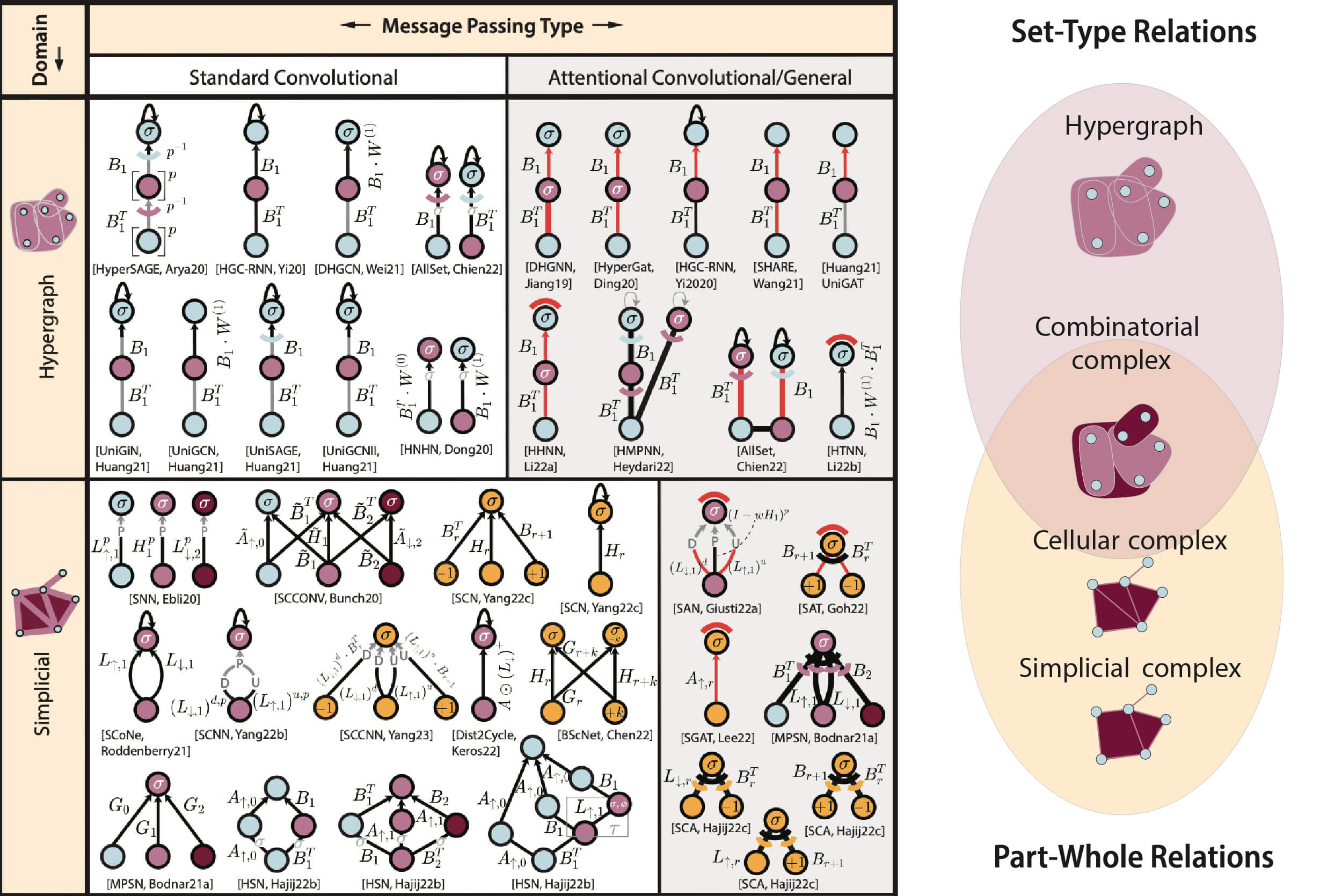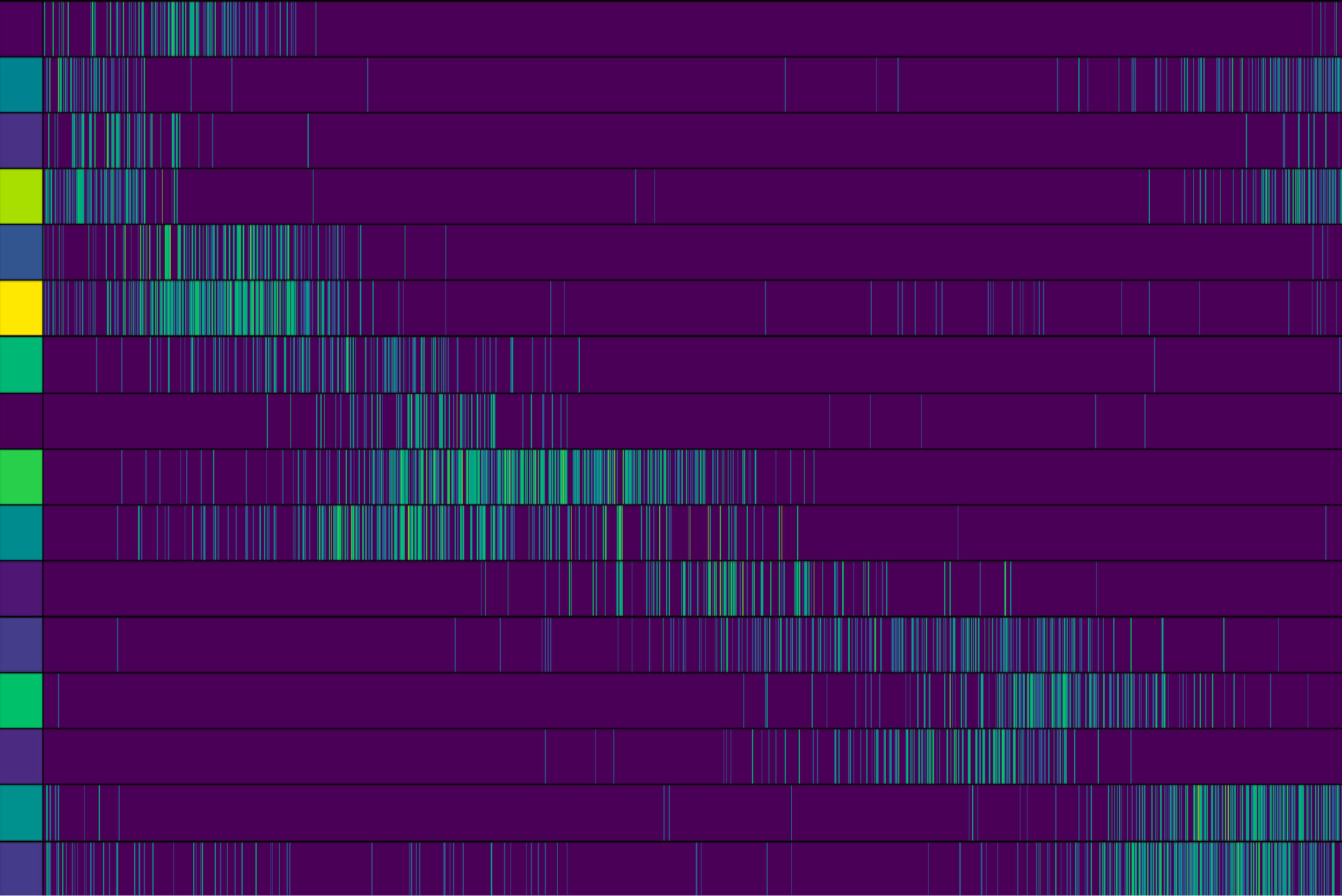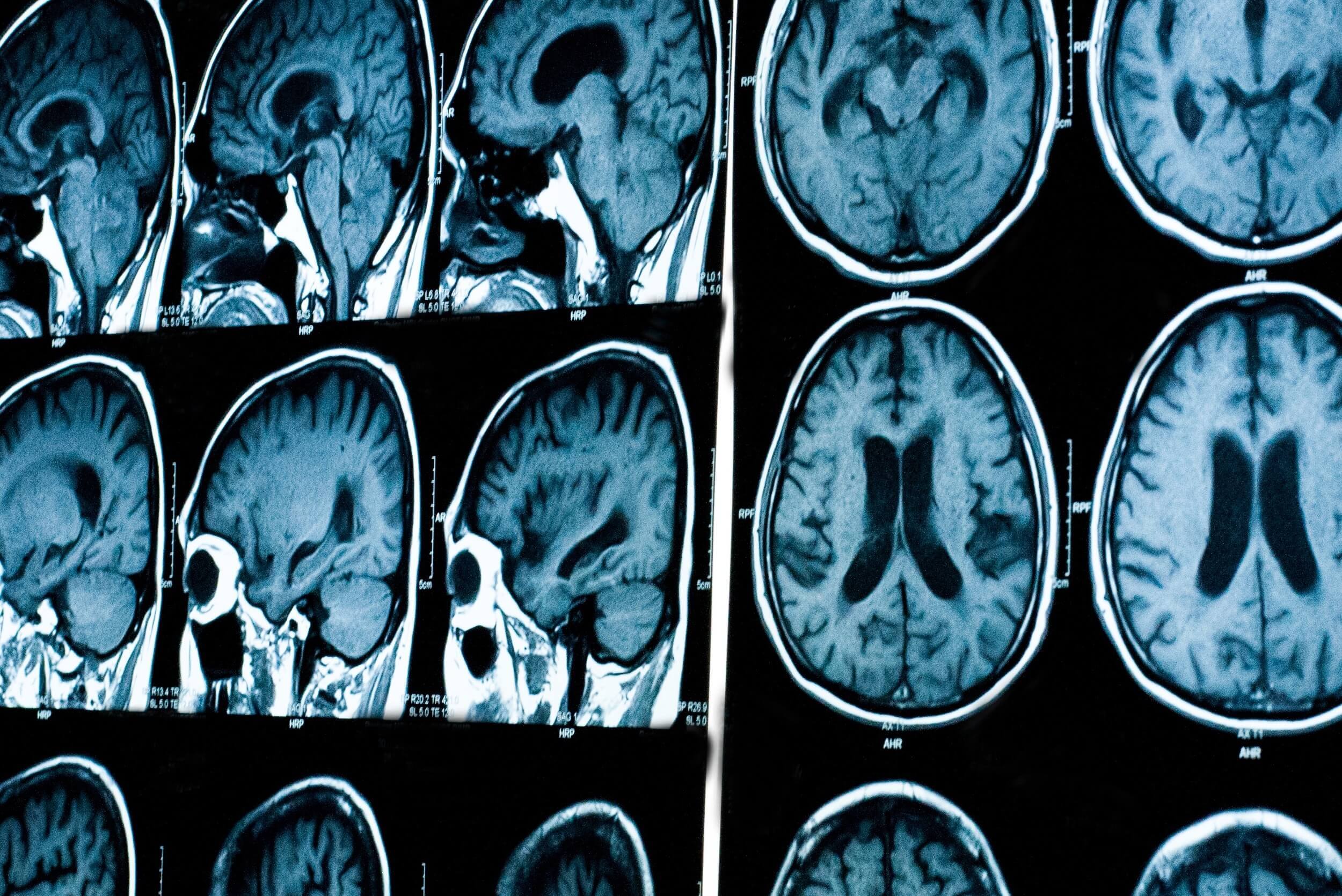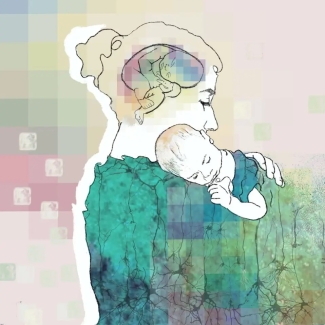We use advanced mathematics to unify the study of intelligence in brains and machines.
We build efficient AI models that succeed where most fail. We deliver up to +66% higher accuracy or the same accuracy with 10× faster models, even when datasets are small, noisy, and complex (e.g., networks, and 3D shapes).
We provide new perspectives in neuroscience, revealing the mathematics that let our brains explore the world, store memories, and master new skills.
Geometric Intelligence Research
Just as physicists uses geometry to build unification theories, we show that brain and machine intelligences can be studied under a common framework: geometric intelligence.
The idea is that data has structure and this structure has power. It helps us rethink the building blocks of AI to make it more efficient. It helps us understand how brains compute so effectively.
Geometric Intelligence in Machines

We study the properties of top-performing AI models and design mathematical approaches to improve them. Learn more.
Geometric Intelligence in Brains

We study patterns of neural activity across diverse cognitive functions—from navigation and memory to vision. Learn more.
Building Brain Digital Twins

We use AI models to build digital twins of the brain, simulating its function in both health and disease. Learn more.
Latest News
Inside Higher Ed Publishes Our OpEd on Scientific Software as a Public Good
Dr. Nina Miolane, principal investigator of Geometric Intelligence Lab, co-authroed a recent op-ed in Inside Higher Ed examining the growing reliance of scientific research on corporate software platforms. The piece argues for treating research software and infrastructure as public goods, calling for sustained investment in open-source tools to ensure equity, reproducibility, and long-term scientific progress.
Read MoreInside Higher Ed Publishes Our OpEd on Scientific Software as a Public GoodThe Economist Premieres our Podcast on the Future of Learning in the Age of AI
In lectures halls and classrooms across America, a quiet revolution is underway. Students are using AI to write essays, solve problems, and even make daily decision, while professors scramble to detect cheating with invisible traps. The Economist's former AI reporter, Abby Bertics, PhD student in the Geometric Intelligence Lab, reports from campus about an education system in crisis, and asks what the future might look like as students begin to tap into a tool that can think quicker, write faster, and teach better.
Read MoreThe Economist Premieres our Podcast on the Future of Learning in the Age of AIWe Win TIME’s 2025 Best Inventions of the Year For Our Brain Digital Twin
We’re thrilled to share that our project, HerBrain, has been named one of TIME's Best Inventions of 2025!
Read MoreWe Win TIME’s 2025 Best Inventions of the Year For Our Brain Digital Twin


